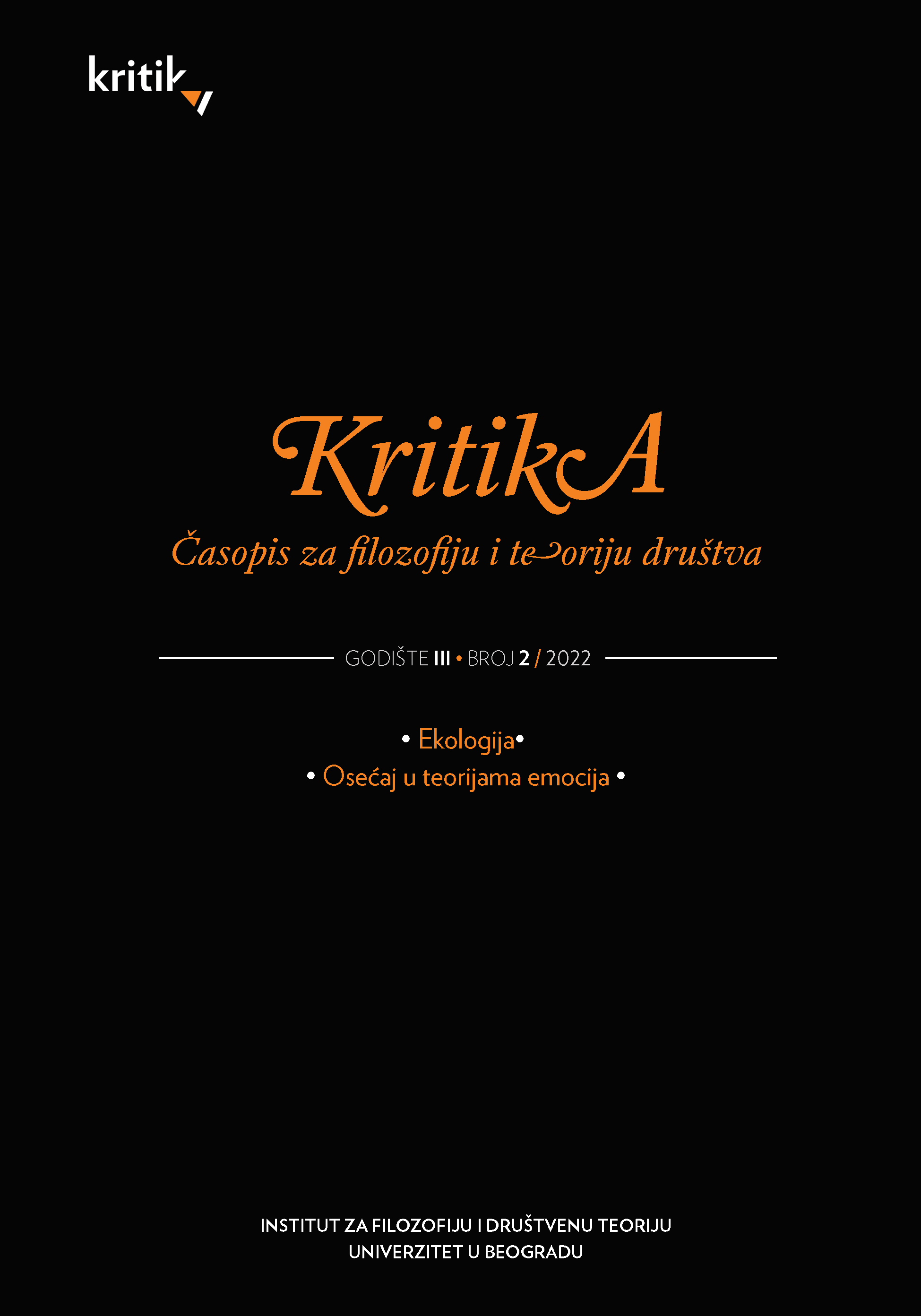EKONATIVIZAM I APROPRIJACIJA ZELENE POLITIKE: KONTROVERZE U VEZI SA OTVARANJEM RUDNIKA LITIJUMA RIO TINTO U LOZNICI I PRESTANKOM RADA TERMOELEKTRANE PLJEVLJA
ECONATIVISM AND APPROPRIATION OF GREEN POLITICS: CONTROVERSIES OVER THE OPENING OF THE RIO TINTO LITHIUM MINE IN LOZNICA AND THE SHUTDOWN OF THE PLJEVLJA THERMAL POWER PLANT
Author(s): Branko Banović, Jelena Ćuković, Miloš MilenkovićSubject(s): Political Ecology
Published by: Institut za filozofiju i društvenu teoriju
Keywords: development; populism; science denialism; econativism; green politics; anthropology; mining; Rio Tinto; TPP Pljevlja; Western Balkans; stakeholder inclusion
Summary/Abstract: The article outlines the conclusions of comparative ethnographic research on the socio-cultural ramifications of the Rio Tinto lithium mine’s announced opening in Loznica, Serbia, and the shutdown of the Pljevlja thermal power plant in Montenegro. In both contexts on the verge of major societal conflict, the narrative is driven by populism based on scientific denialism on the one hand and econativism on the other. There is a powerful narrative charge that has moved the debate away from the standard set of green policy aims - environmental conservation, pacifism, respect for human and minority rights - and into a nationalist-apocalyptic idiom otherwise prevalent in Serbian and Montenegrin culture. Our research strategy is based on the assumption that culturally critical goals do not have to be achieved through culturally critical means, so we decided to involve stakeholders instead, a strategy that has already resulted in some success in comparable cases of flammable social disputes such as inter-ethnic strife. However, in this case, such a goal turned out impossible to achieve, and the outcomes so far were fairly bleak. Green politics is under threat from nationalist appropriation, much as liberal, democratic, and pro-European aims have been the target of nationalist appropriation since the early 2000s in a vain attempt to adapt to a profoundly re-traditionalized society. Anti-corporate flirting with the econativist narrative, which has anti-development effects in public, should consider the fact that it calls into question not just development but also the fundamental ideals of the Open Society.
Journal: Kritika: časopis za filozofiju i teoriju društva
- Issue Year: 3/2022
- Issue No: 2
- Page Range: 229-252
- Page Count: 23
- Language: Serbian

